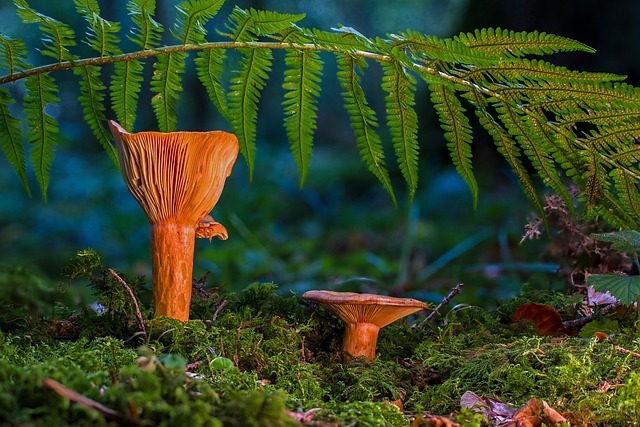Growing Your Own Vegetable Garden
Gardening is a great way to relax, get in touch with nature and enjoy the fruits of your labour. Growing your own vegetable garden is a great way to get started, as it can be done with minimal equipment and space. In this article, we’ll look at the basics of setting up a vegetable garden and the benefits of growing your own food.
Getting Started
The first step to creating a vegetable garden is deciding where it will go. It’s important to choose a spot that gets at least 6-8 hours of sunlight per day. If you don’t have an outdoor space, you can also consider containers or window boxes.
Once you’ve chosen your location, you’ll need to prepare the soil. This means removing any weeds, rocks or debris, and adding some compost or fertilizer. If you’re using containers, you’ll need to buy soil specifically designed for container gardening.
Next, you’ll need to decide which vegetables you want to grow. Consider your climate, the amount of space you have and the amount of time you’re willing to dedicate to your garden. Some easy vegetables to start with include tomatoes, peppers, beans, carrots, radishes and lettuce.
Benefits of Growing Your Own Food
Growing your own food has a number of benefits. Firstly, it’s much cheaper than buying vegetables from the store. You’ll also know exactly what has gone into your food, and you can be sure that it’s free from pesticides and other chemicals.
Another benefit is that you’ll be able to grow vegetables that aren’t available in stores. Heirloom varieties, for example, are often difficult to find in supermarkets, but can be grown in your own garden.
Finally, growing your own food is good for the environment. You’ll be reducing your carbon footprint by not having to transport food from far away places. Plus, you’ll be helping to conserve water and reduce waste.
Caring for Your Garden
Once you’ve planted your vegetables, you’ll need to make sure they get enough water. Depending on the climate, you may need to water your garden daily or several times a week. If you’re using containers, make sure to check the soil regularly to ensure it’s not getting too dry.
You’ll also need to keep an eye out for pests and diseases. If you spot any, you can try to remove them manually or use natural remedies such as neem oil or diatomaceous earth.
Finally, make sure to harvest your vegetables as soon as they’re ready. This will ensure that they’re at their best, and you’ll be able to enjoy the fruits of your labour.
Conclusion
Growing your own vegetable garden is a great way to relax, get in touch with nature and save money. With a bit of preparation and care, you’ll be able to enjoy the benefits of homegrown food. So why not give it a try and start your own vegetable garden today?

